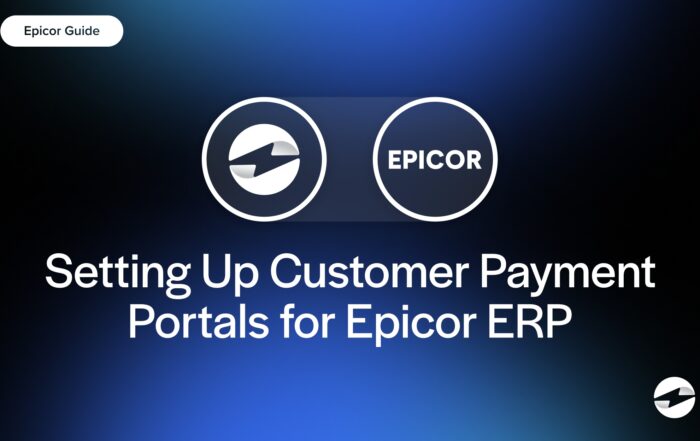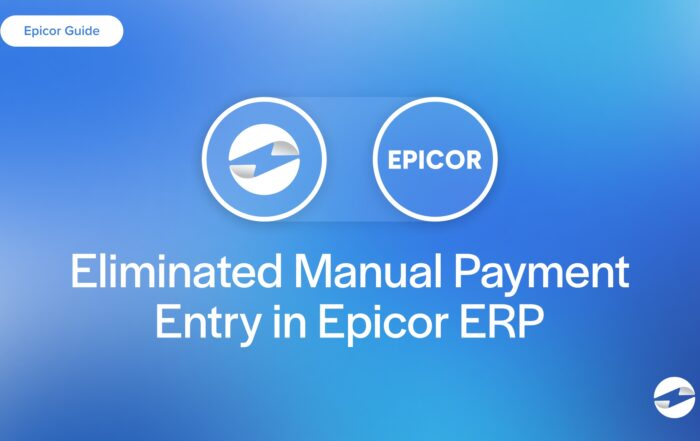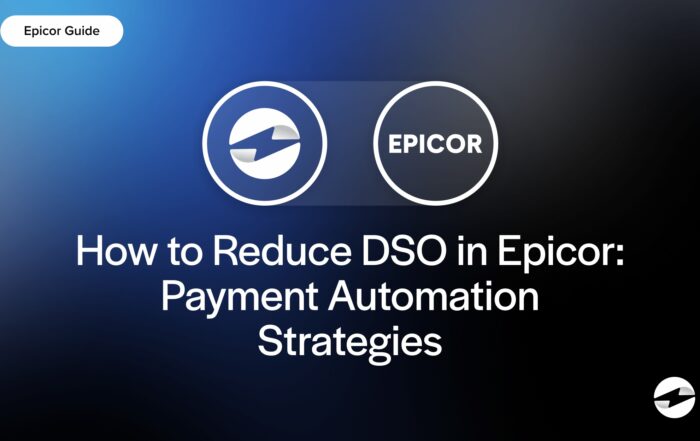What is a preauthorization charge?
A preauthorization charge, sometimes called an “auth hold,” is a temporary hold on a credit or debit card to make sure there are enough funds before processing a final payment. You’ve probably seen this happen when booking a hotel, renting a car, or even filling up at the gas station. Instead of taking the money right away, the merchant sets aside a certain amount, reducing your available balance for a short period. Once the final charge goes through (or if the hold expires), the bank releases the funds back into your account.
Key Points
- A preauthorization charge temporarily holds funds on a customer’s card to ensure a sufficient balance before processing the final payment.
- Businesses use pre-auths to reduce risk, avoid chargebacks, and create a more transparent payment experience. Used especially when final costs aren’t known upfront.
Why do businesses use preauthorization charges?
Preauthorization charges help businesses protect themselves from potential losses. By placing a temporary hold on funds, businesses can confirm a card is valid and there’s enough money to cover the expected cost without charging the customer right away. This is especially useful in industries where the final amount isn’t known upfront, like hotels, car rentals, or service-based businesses that have variable pricing.
It also helps reduce chargebacks and payment disputes since the customer is aware of the potential charge in advance. When people see a charge they weren’t warned about, that’s when disputes can come up. With a pre-auth, they’ve already seen the hold and understand what it’s for, so it keeps everyone on the same page and avoids any misunderstanding later. For businesses, it’s a simple way to reduce risk and build trust with customers by being transparent about what costs they may or may not have to pay.
Example of a preauthorization charge
Let’s say you check into a hotel for a weekend stay. At the front desk, the hotel swipes your card and places a hold for the total room cost plus an extra buffer for incidentals—maybe an additional $50 per night. This ensures they can cover extra charges, like room service or those tempting minibar snacks. If you didn’t rack up any additional expenses, the hotel will finalize the payment for only the room cost, and the rest of the hold will be released. If you couldn’t resist the urge for a midnight snack from the minibar, then they’ll adjust the final charge accordingly.
You May Also Like
Read More
Read More
Read More



